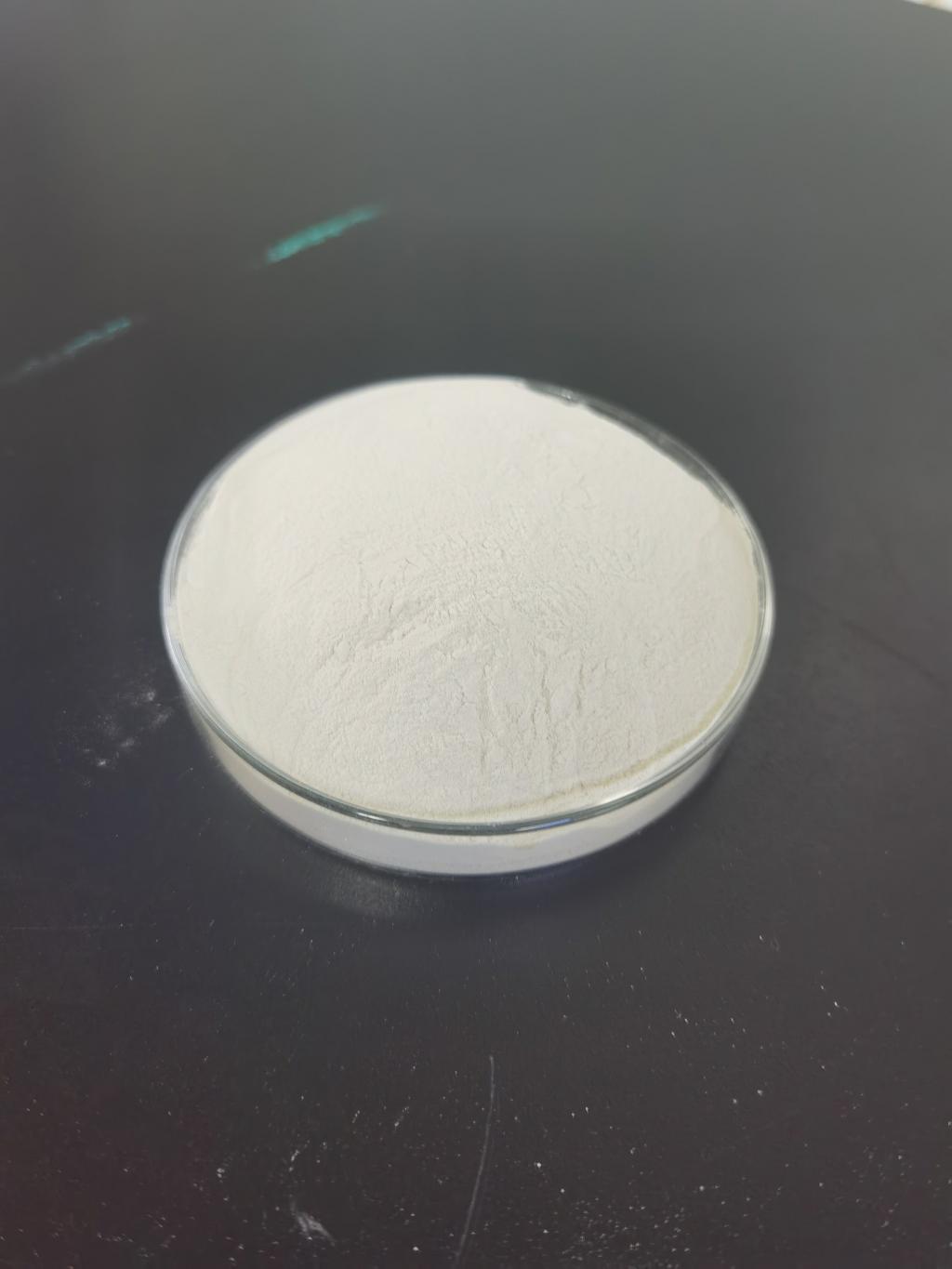Tel:+8618231198596

News
 CONTACT
CONTACT
 CONTACT
CONTACT
- Linkman:Linda Yao
- Tel: +8618231198596
- Email:linda.yao@dcpharma.cn
- Linkman:CHARLES.WANG
- Department:Overseas
- Tel: 0086 0311-85537378 0086 0311-85539701
News
Current Position:
Home >
News
>Has Nisin been studied for its potential to inhibit food spoilage organisms?
Has Nisin been studied for its potential to inhibit food spoilage organisms?
TIME:2023-06-01
Understanding Food Spoilage:
Food spoilage refers to the deterioration of food products caused by the growth of microorganisms such as bacteria, yeasts, and molds. These organisms can multiply and produce enzymes, toxins, and metabolic byproducts that alter the sensory characteristics of food, leading to changes in taste, texture, odor, and appearance.
Nisin as a Natural Antimicrobial:
Nisin is a peptide produced by the bacterium Lactococcus lactis and has been widely studied for its antimicrobial properties. It is particularly effective against Gram-positive bacteria, which are common culprits in food spoilage. Nisin has a broad spectrum of activity against various spoilage organisms, including species of Listeria, Staphylococcus, Bacillus, and Clostridium.
Inhibition of Food Spoilage Organisms by Nisin:
Numerous studies have investigated the efficacy of nisin in inhibiting food spoilage organisms. Here are some key findings:
a) Nisin and Listeria monocytogenes: Listeria monocytogenes is a significant concern in food safety due to its ability to grow at low temperatures. Studies have shown that nisin effectively inhibits the growth of Listeria monocytogenes in a variety of food products, including cheese, meat, and ready-to-eat foods.
b) Nisin and Staphylococcus aureus: Staphylococcus aureus is responsible for causing various foodborne illnesses. Research has demonstrated that nisin can inhibit the growth of Staphylococcus aureus in foods such as milk, meat products, and salads.
c) Nisin and Bacillus spp.: Bacillus species are commonly associated with spoilage in canned food products. Studies have indicated that nisin exhibits inhibitory effects against Bacillus spp. and can enhance the shelf life of canned foods.
d) Nisin and Clostridium botulinum: Clostridium botulinum is a spore-forming bacterium that produces the deadly botulinum toxin. Nisin has been shown to inhibit the growth and toxin production of Clostridium botulinum in low-acid canned foods.
Mechanisms of Action:
Nisin exerts its antimicrobial effects through various mechanisms. It disrupts the integrity of bacterial cell membranes, leading to the leakage of intracellular contents. Additionally, nisin can interfere with cell wall synthesis and enzyme activities, further inhibiting bacterial growth. These multifaceted mechanisms make it difficult for spoilage organisms to develop resistance to nisin, unlike some synthetic preservatives.
Synergistic Effects with Other Preservation Techniques:
Nisin has also been studied in combination with other preservation techniques to enhance its efficacy. For example, combining nisin with high-pressure processing or modified atmosphere packaging has shown synergistic effects in inhibiting spoilage organisms and extending the shelf life of food products.
Consumer Perception and Regulatory Considerations:
Consumer perception and acceptance of natural preservatives like nisin play a crucial role in their adoption. Studies have shown that consumers prefer natural preservatives over synthetic ones, provided they are convinced of their safety and effectiveness. Regulatory agencies such as the U.S. Food and Drug Administration (FDA) and the European Food Safety Authority (EFSA) have approved nisin as a safe food additive, further bolstering its potential use in the food industry.
Conclusion:
Nisin demonstrates significant potential as a natural antimicrobial agent for inhibiting food spoilage organisms. Its effectiveness against a wide range of spoilage bacteria, including Listeria, Staphylococcus, Bacillus, and Clostridium species, has been extensively studied. The multifaceted mechanisms of action and the difficulty for microorganisms to develop resistance make nisin an attractive alternative to synthetic preservatives. However, further research is needed to optimize its application, dosage, and compatibility with different food matrices. By harnessing the power of natural antimicrobials like nisin, the food industry can enhance food safety, minimize spoilage, and meet the growing consumer demand for clean-label and natural food products.
- Tel:+8618231198596
- Whatsapp:18231198596
- Chat With Skype







